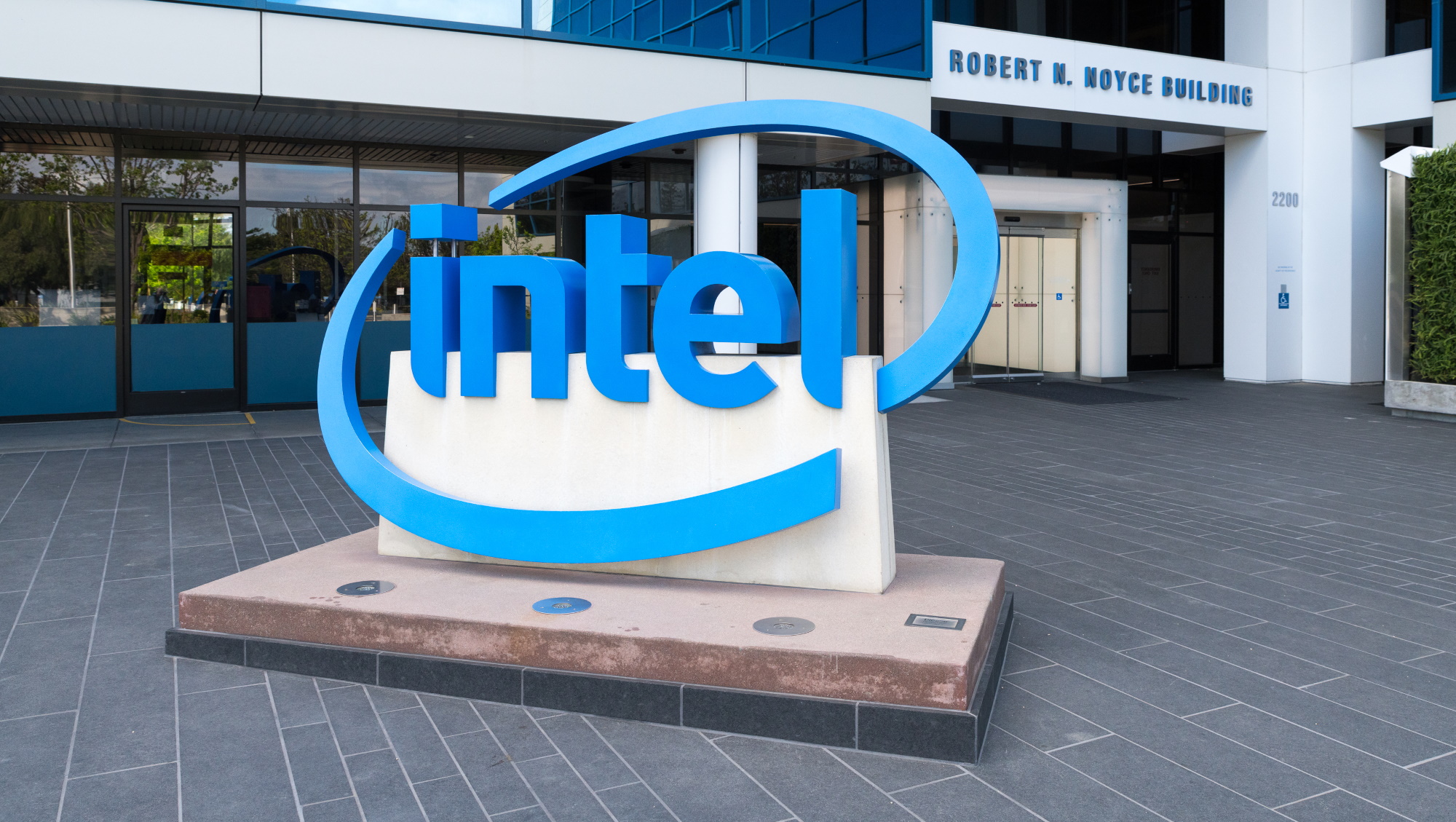Intel admits it's losing to AMD, but promises an aggressive fightback
Intel opens up

Sign up for breaking news, reviews, opinion, top tech deals, and more.
You are now subscribed
Your newsletter sign-up was successful
The CPU battle between Intel and AMD is the most exciting it’s been in years, with Intel’s once unassailable dominance now under threat by a resurgent AMD – and Intel has finally admitted that it is losing market share to AMD.
The comments come from Jason Grebe, corporate vice president and general manager of Intel's Cloud Platforms and Technology Group, who was speaking at the Citi Global Tech Conference who said that “As we have gone through the supply issue kind of in the last six to 12 months on the PC side, we had to walk away from some low-end mobile share as well as some channel desktop share.”
- Intel's Project Athena aims for more efficient laptops
- Intel Xe graphics card won’t be a $200 GeForce RTX killer
- AMD vs Intel: which processors are better?
So, while Intel hasn’t explicitly said that it’s losing to AMD, that’s what Grebe’s comments are hinting at, with Intel losing out on market share in budget laptops and with consumer desktop processors – areas that AMD has been growing in strength.
AMD has seen huge success recently with its launch of its Ryzen 3000 series of processors, which launched to critical acclaim and impressive sales (though not without its share of controversies), as well as an increase in AMD-powered laptops being sold, and that certainly seems to be putting the squeeze on Intel.
While we’ve seen evidence of AMD taking market share from Intel, this has mainly been based on individual stores. Intel’s revelation is the first official statement we’ve had from the company about its struggles.
Not giving too much credit
While Grebe’s comments alluded to losing market share against AMD (despite not mentioning the company by name), it seems Intel isn’t keen on giving AMD too much credit for the loss of market share, and instead blames the supply issues that hit Intel last year – which undoubtedly played a part, though we think AMD’s improved products and competitive pricing plays as much of a role as well.
So, what is Intel going to do?
Sign up for breaking news, reviews, opinion, top tech deals, and more.
Getting aggressive
As Grebe says, Intel is looking to get “more aggressive” in a bid to win back market share. This could involve becoming more competitive with AMD when it comes to price and performance – with Intel promising that its Cascade Lake-X processors, which are due in October, will offer 2.09 times more in terms of relative performance per dollar than Skylake-X – and could then also put the squeeze on AMD, which has traditionally offered a better price and performance proposition.
We may also see Intel calling out AMD more when it comes to the latter’s controversies. Intel was keen to stress that its Core i9-9900KS processor will get a turbo speed boost to 5GHz on all cores – in a clear dig at AMD, and the recent controversy over Ryzen 3000 processors not hitting their advertised boost speeds.
We’d also like to see Intel becoming more aggressive when it comes to innovation. While Intel admitted that it won’t ship 7nm chips until 2021 – unlike AMD which already has 7nm chips on the market – the company will surely be looking at ways to win back customers its lost to AMD.
With a resurgent AMD and an aggressive Intel ready to fight back, the real winners of the CPU wars will be us, the consumers. Bring it on!
- Best processors 2019: the best CPUs for your PC

Matt is TechRadar's Managing Editor for Core Tech, looking after computing and mobile technology. Having written for a number of publications such as PC Plus, PC Format, T3 and Linux Format, there's no aspect of technology that Matt isn't passionate about, especially computing and PC gaming. He’s personally reviewed and used most of the laptops in our best laptops guide - and since joining TechRadar in 2014, he's reviewed over 250 laptops and computing accessories personally.